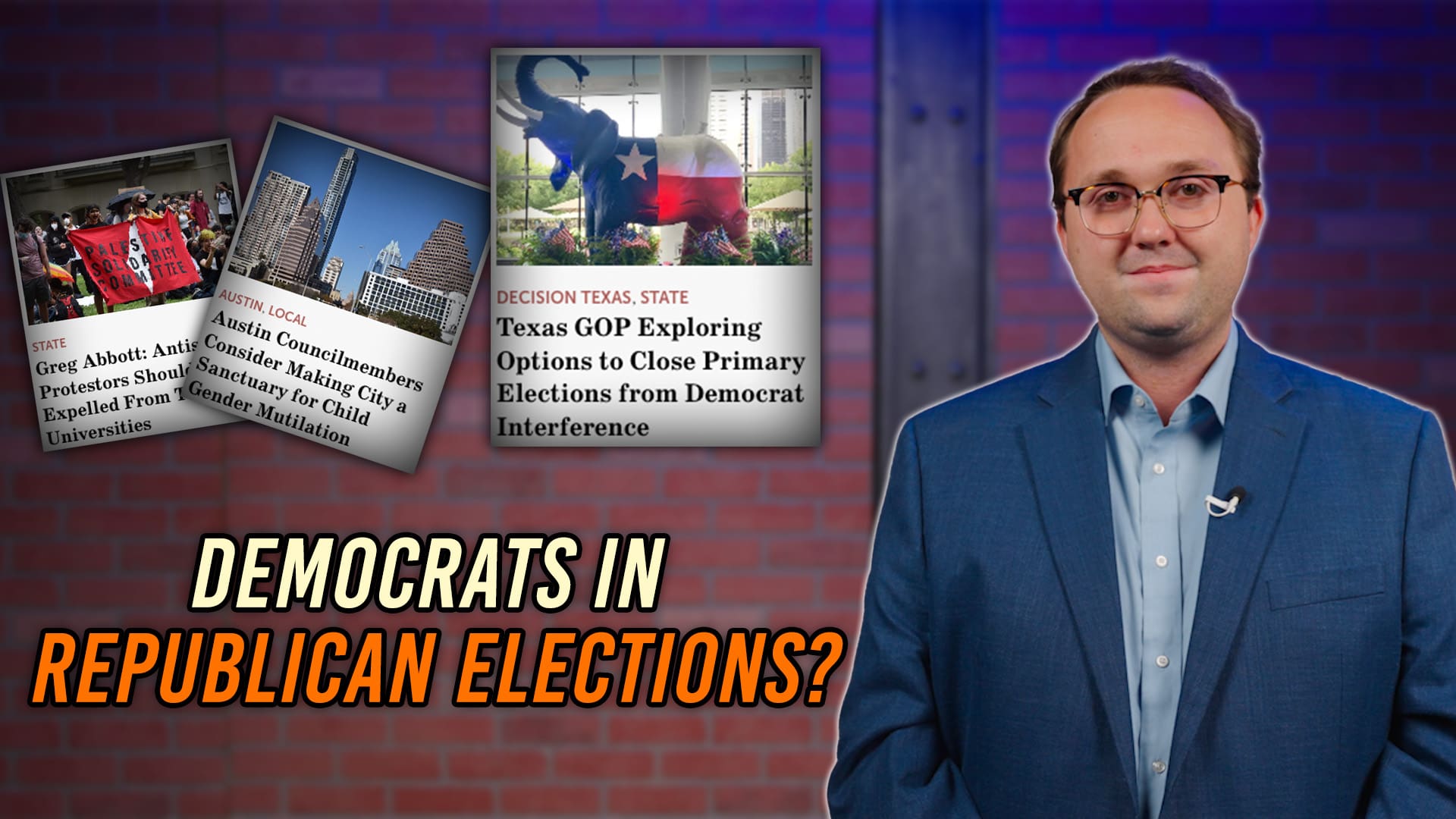A North Texas school district has given up on its attempt to obstruct access to district emails, after asking a local taxpayer to pay a $15,000 ransom for their release.
The public records request submitted by taxpayer Steve Waltens sought to obtain emails sent by elected officials and district staff of the Grapevine-Colleyville Independent School District.
More than 100 school boards, including GCISD’s, passed a “culture of voting” resolution under the guise of encouraging higher voter turnout amongst teachers and staff. But the resolution language also called on districts to promote “third-party” tools – that support and oppose candidates – to district employees.
Waltens sought to obtain internal district communication about the effort, as state and federal law prohibit this type of government electioneering.
To dig deeper, Waltens asked for “sent emails” containing a variety of key words, such as “culture of voting,” “Texas Educators Vote” (the coalition that created the COV resolution), “Dan Patrick,” “Scott Milder,” “Empower Texans,” and others.
GCISD responded stating 18,766 emails were potentially responsive to Waltens’ request, but said their system could not parse out sent emails. They claimed releasing the records would cost $15,000, in labor and print costs. They wrote:
“There are 18,766 emails responsive to your clarified request. We estimate it will take 2 minutes per email to review. Additionally, due to the volume of the documents, they will not be available to view electronically. GCISD uses specific software to review the emails due to the number of inboxes searched so the documents must be printed for review. We estimate each email will be an average of 2 pages per email. The cost breakdown is as follows: Copies ($.10 per page) = $3,753.20, Staff Time ($15 per hour) – 625 hours = $9,383, 20% overhead cost = $1,876.60: Total amount for requested information = $15,012.80”
Waltens was shocked, not only at the number of related emails, but at the price tag. He responded, reiterating he did not need printed copies or duplicate records, and that he had only requested sent emails. He also offered to “inspect the records” onsite, rather than taking staff time to bundle them manually.
The district again claimed they could not allow a review of the records for less, or narrow the request to sent emails, citing a technological barrier. They claimed an inspection of records would still cost $15,000, and require a 20 percent deposit.
After more than a month of back and forth, Waltens notified GCISD he was preparing a complaint to the Texas Attorney General’s office regarding their obstruction. In a victory for government transparency and citizen engagement, the district backed down, stating they had found a technological solution to their alleged problem, and lowered their estimate from $15,000 to $375.
A partial release of records requested by Waltens already revealed that GCISD’s superintendent made a presentation to staff that encouraged them to use two websites for voting research. Both websites listed legislative endorsements.
At the request of State Sen. Paul Bettencourt (R–Houston), the AG opined that portions of the COV resolutions asked staff to engage in illegal activity, including the sharing of political websites. Soon thereafter, Texas Attorney General Ken Paxton sent cease and desist letters to three school districts, citing violations of the Texas Education Code for unlawful electioneering by school administrators.
Today the AG’s office asked two more school districts to stop illegal electioneering activities.
Two months after Waltens began his pursuit of the 18,000 emails, the AG’s office submitted their own request to GCISD asking for emails between administrators and staff.
Taxpayers should be encouraged by Waltens’ persistence, and should never allow local governments to block lawful requests. And government officials who unlawfully obstruct taxpayers should be held accountable.




